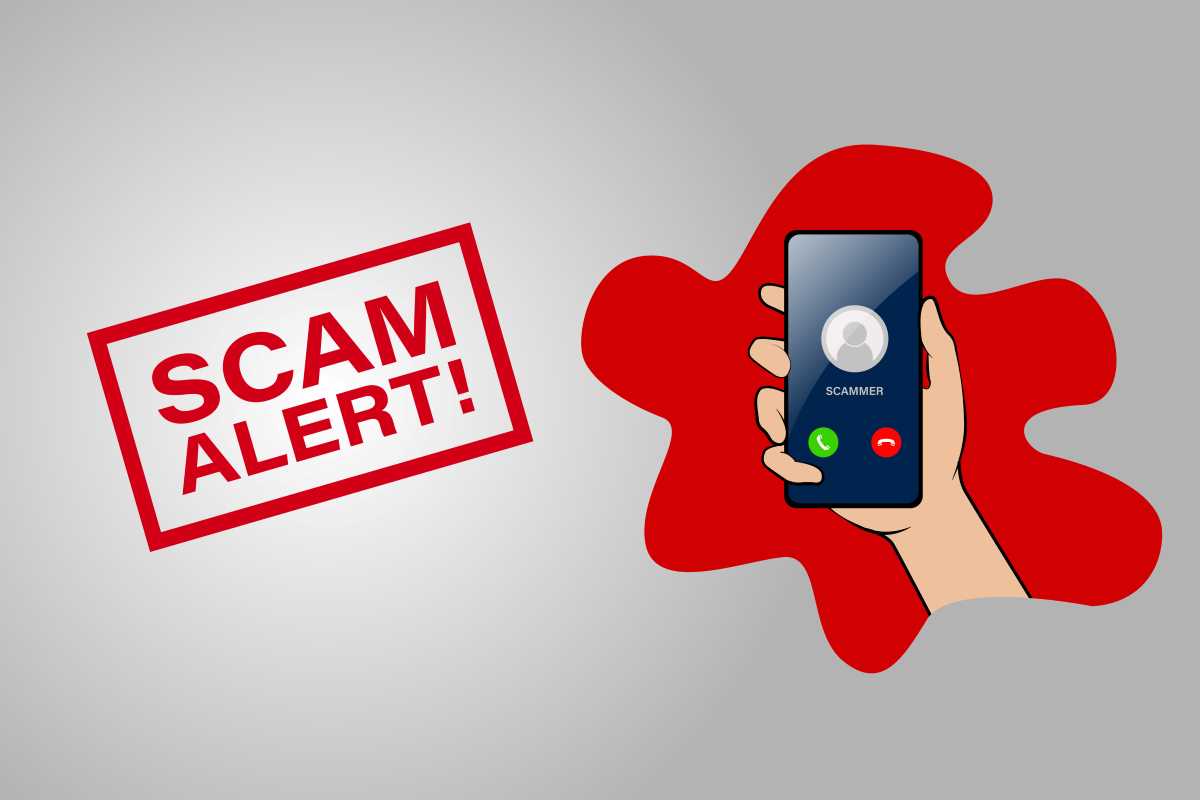
BBB Scam Tracker continues to receive reports of scammers impersonating government or law enforcement agencies, tricking consumers into giving up personal information and money with threatening messages.
Missed jury duty scam
In this long-running scam, someone contacts you via phone call or text, claiming to be from your local law enforcement or judicial agency, and tells you you’ve missed a jury duty summons and could be arrested. The scammer may even send a fake jury summons to your email to convince you. They say you can avoid arrest by paying a very hefty fine, sometimes up to thousands of dollars. Of course, the fine and the jury summons were never real.
How the scam works:
You answer the phone, and it’s someone claiming to be from your local law enforcement or judicial agency. The caller, who may identify themselves as the local sheriff, tells you that you’ve missed a jury duty summons and could be arrested. They may even claim that a warrant for your arrest has already been issued. The caller may appear to be very legitimate, with caller ID showing a local police phone number and an official-sounding voice on the phone. The caller may even be able to verify your name, address, and date of birth.
The scammer tells you that, fortunately, you can avoid arrest by paying a hefty fine of thousands of dollars. To pay the fine, the scammer asks you to wire money, put cash on a gift card or prepaid debit card and share the PIN, use a digital wallet app, or even send cryptocurrency. Of course, the fine and the jury duty summons were never real.
Like most long-running scams, jury duty cons have a few versions, not all of which ask you for money outright. In some cases, the jury duty scam may be used to trick you into providing sensitive, personal information that can be used for identity theft. In another version, scammers use email and allegedly attach your “jury summons” to the message. The file is really malware, and downloading it will infect your computer.
BBB Scam Tracker continues to receive reports of jury duty scams. One person recently reported their experience: “Someone called me pretending to be my county’s sheriff saying that I missed a court date for Jury Duty and to avoid a length and costly legal procedure and arrest, I would have to pay $3000. They texted me a fake warrant for my arrest. They knew my full name, my address, my phone number and my date of birth. So they told me to go to Walmart and send a Walmart barcode they texted me…Unfortunately they took $1000 from me, fortunately I wised up to what they were doing…I filed a police report and contacted my bank.”
How to avoid jury duty scams:
- Be skeptical of urgent, unsolicited emails and calls. Courts do not typically summon people via email, text message, or phone. Unless you are involved in a case and have opted into receiving other types of communications, courts normally communicate through postal mail. If you receive a questionable email with an attachment, do not click on it or download anything.
- Do your research. If you ever question whether you need to appear in court, call the appropriate judicial agency and ask. If you receive an email, don’t call the number in the email, as that will likely lead you to the scammer who sent the email. If you receive a call, remember that scammers may be able to spoof a legitimate agency’s phone number. To be safe, look for official websites in your jurisdiction and find their phone number on their website to call. Always be on the lookout for fake websites, too.
- Ignore threatening calls that require pressure you to act immediately. Scammers try to get you to act before you think by creating a sense of urgency and fear. Don’t fall for it.
- Beware of requests to pay via wire transfer, prepaid debit or gift cards, digital wallet apps, or cryptocurrency. These payment methods are almost always a sign of fraud because you won’t be able to get your money back.
- Ask someone for help. BBB’s research shows that asking someone else is an important factor in reducing the chance of being scammed. Ask a family member or friend, “Does this sound right?”

